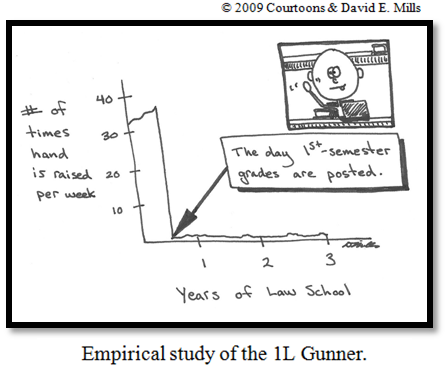The Wall Street Journal has been writing a series of articles about crashes of medical helicopters. A total of 13 crashes took 29 lives in 2008.
This crashes can give rise to several potential types of claims. The patient has a potential claim, assuming he or she can prove that there was negligence in the operation or maintenance of the helicopter. Assuming that the health care providers are employed by the same entity that owns, operates and maintains the helicopter, they will be limited to a worker’s compensation claim. If a different company flies, owns, or maintains the helicopter, a lawyer should look to see whether the negligence of any of the non-employers contributed to cause the incident. Of course, it is always possible the crash was caused by a defect in the helicopter, the failure of a replacement part, etc.
Let me hasten to add that not every crash will give rise to a lawsuit. For example, the patient who survives a crash may not be able to prove that the crash caused an injury. Or the family of a deceased patient may not be able to show that the patient would have survived the acute illness or trauma the resulted in the air transport of the patient in the first place. A through investigation of each crash is necessary to determine whether the crash was caused by negligence, whether the crash caused an injury or death, and whether the wrongdoer, if any, is protected from liability by worker’s compensation law or some other law.
 Day on Torts
Day on Torts


.bmp)
